Starting Your Own Vegetable Garden sounds fun and can be so beneficial. If you have ever tossed a rotten tomato from the back door in the general direction of the vegetable patch, you have probably been rewarded with lots and lots of little seedlings and it may even have served as an incentive to toss several other vegetables in the same direction, with varying results.
Whether you use a raised flower bed or a grow tent, or just in the dirt, Starting your own vegetable garden does not take a great deal of effort once the initial spadework has been done and requires very little in the way of maintenance if a few basic rules are followed. Find out how to start your own vegetable garden, below.
Starting Your Own Vegetable Garden
Location Of Vegetable Garden
To start at the beginning, choose the location of the vegetable garden. Vegetables require plenty of sun and some protection from wind, with easy access to water. It makes sense to place the vegetable plot as close to the kitchen as possible.
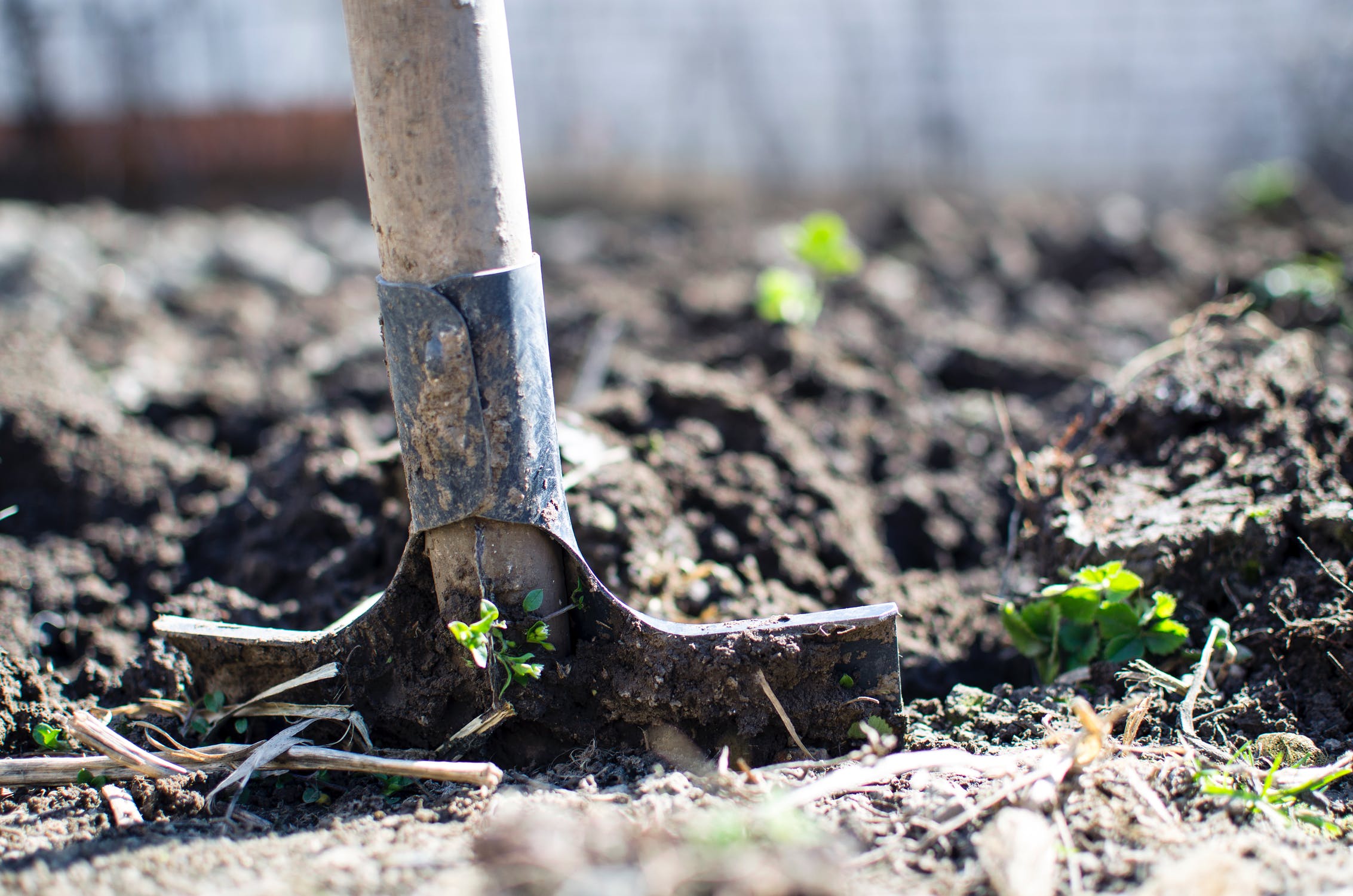
When cooking corn, for instance, the water should be boiling before you even venture out into the garden to pick the cobs, which are then quickly stripped and tossed into the boiling water. All vegetables would benefit from this treatment, even root vegetables.
The soil must be carefully prepared to ensure success which will, unfortunately, require a bit of good, hard digging to remove debris, tree removal and old roots from the soil.
Carrots, in particular, require a fine tilth to avoid hairy vegetables and peculiar shapes. When the digging has been accomplished, well-rotted manure or compost should be added to the soil, working it in well.
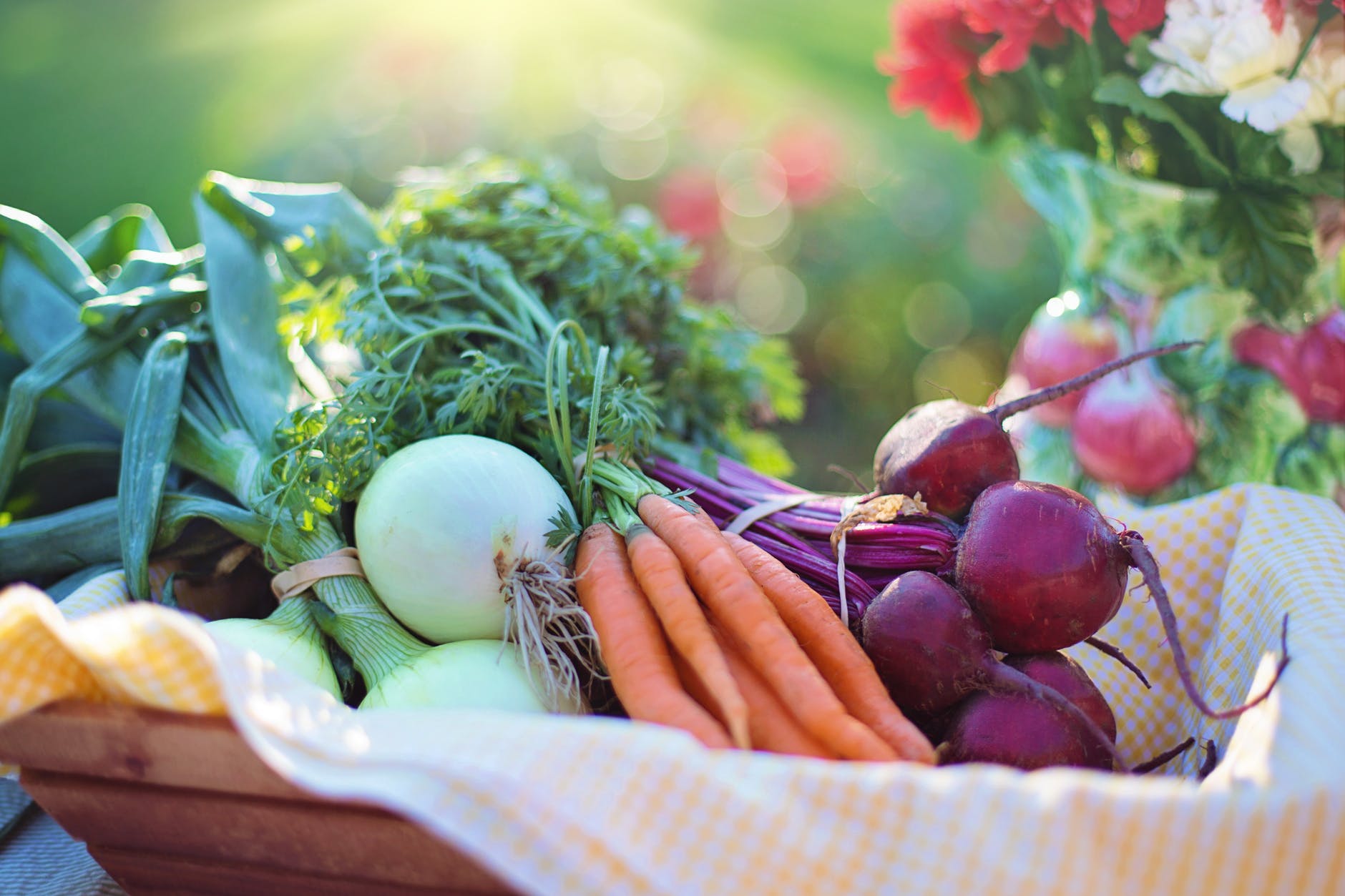
What Variety Of Vegetables Should I Grow?
One may dream of artichokes and asparagus but, to keep one’s enthusiasm from flagging, it is best to start with the easy-to-grow vegetables and none are easier than the humble radish. Largely pest-free, the radish is ready to eat within weeks of planting the seed.
Another good suggestion for the novice vegetable gardener is rocket (arugula) which grows at a tremendous rate. Starting Your Own Vegetable Garden can be a lot of fun and you can get your kids involved too.
Lettuce, especially loose-leaved varieties, and chard offer speedy results but are subject to snails and slugs.
There are many suggestions involving eggshells, etc, which are supposed to deter these pests but the most effective seems to be snail bait. Thankfully, this is now available in organic form.
Cucumbers and baby marrows (zucchini) require support but once they are on their way reward the gardener with an abundance of vegetables and require less growing space than many of the other squashes and similar vines.
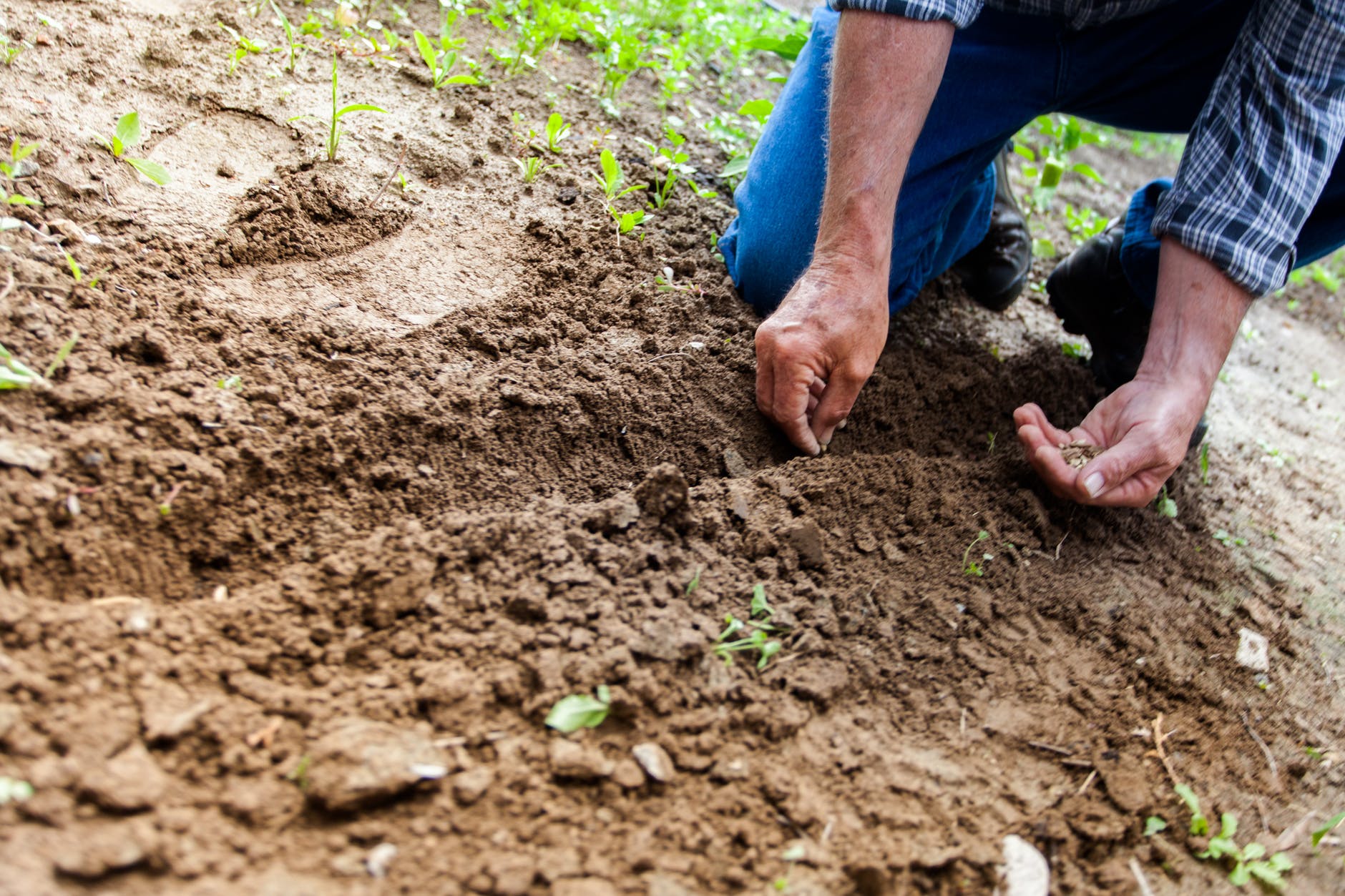
Runner beans require no more care than a few dried beans placed at regular intervals along a trellis or piece of fencing.
Beans are beautiful to grow with their lush leaves and orchid-like flowers in a wide range of hues. The scarlet runner bean is particularly attractive. Bush beans can be grown in smaller gardens and require no support.
Tomatoes, despite the example given above, do better if carefully raised from seed in peat pots or eggshells, or yogurt cups.
When the seedlings seem ready to be transplanted take the trouble to harden off the young plants before transplanting them into the vegetable patch.
Potatoes can easily be grown from old vegetables which have sprouted in the vegetable rack as long as each section has an “eye” that has sprouted.
When the leaves appear, mound earth up against them, repeating at regular intervals, leaving just the top leaves exposed to the sunlight.
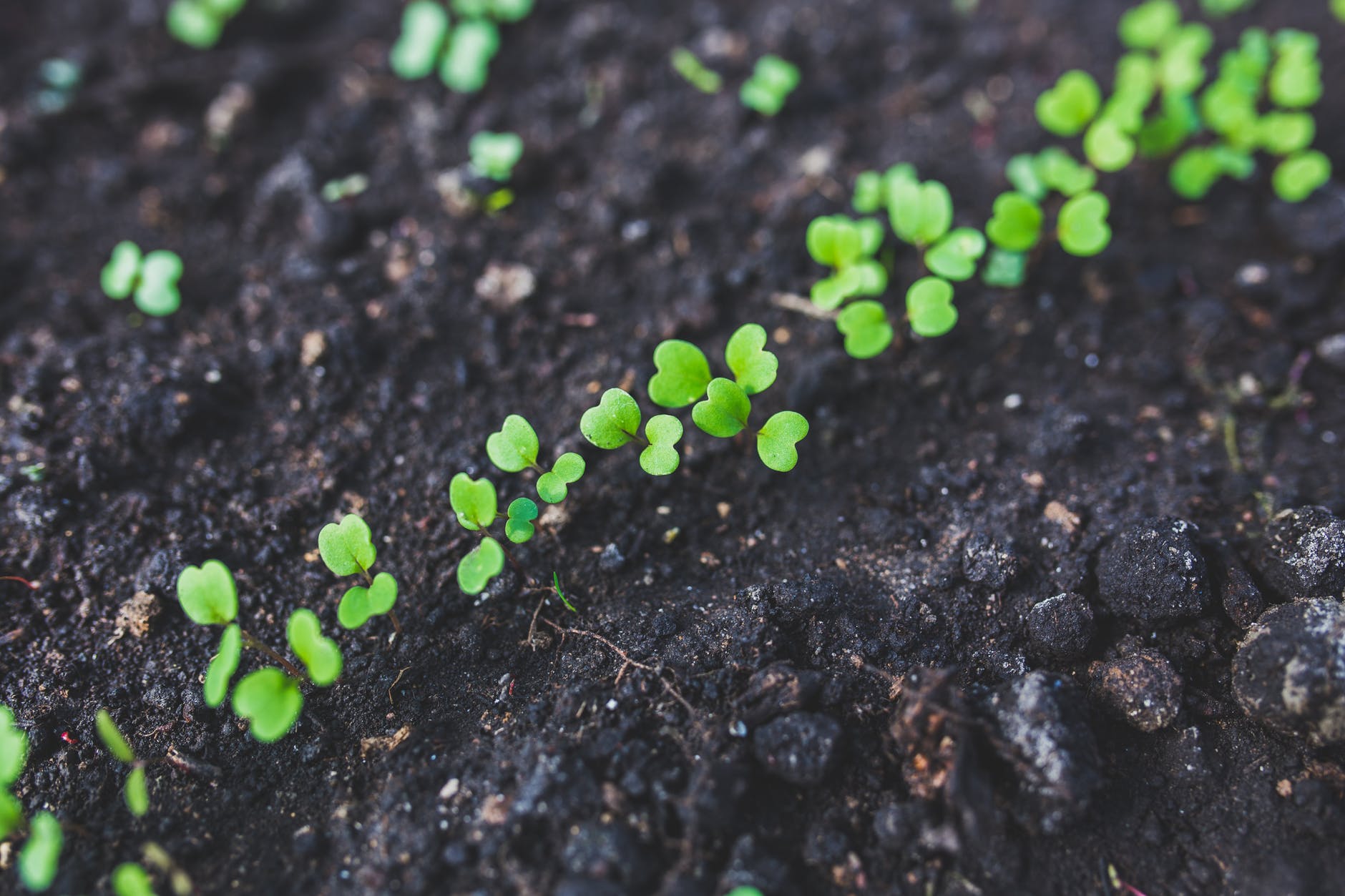
Why Do I Need Mulching?
Mulching is the vegetable gardener’s best friend, smothering weeds, deterring pests, and cutting down on watering.
The second ingredient which must be provided by the gardener is a liquid, organic feed at regular intervals and, should aphids appear despite all one’s precautions, a garlic spray will greatly assist in getting rid of these.
Plenty of sunshine, regular watering, and the occasional foray into the vegetable plot to do battle against assorted pests will ensure an edible, bounteous harvest and nothing ever tastes as good as a home-grown vegetable, free of poisons and hormones!
PIN IT
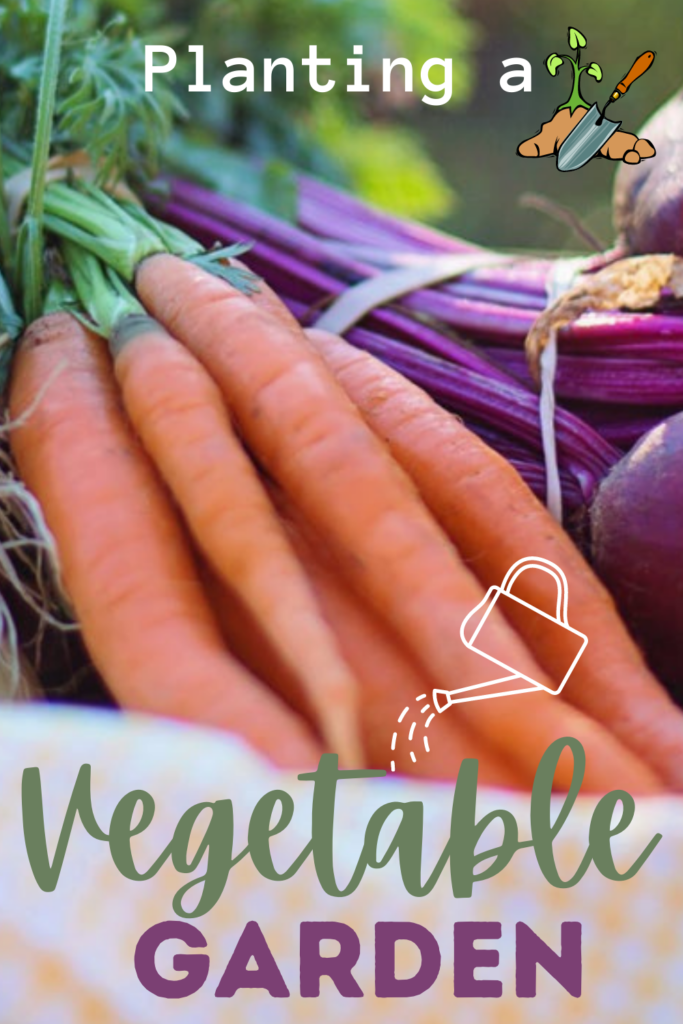
Starting Your Own Vegetable Garden isn’t that hard! Edible gardens are the best! Have you ever planted a garden? What tips do you have to share?